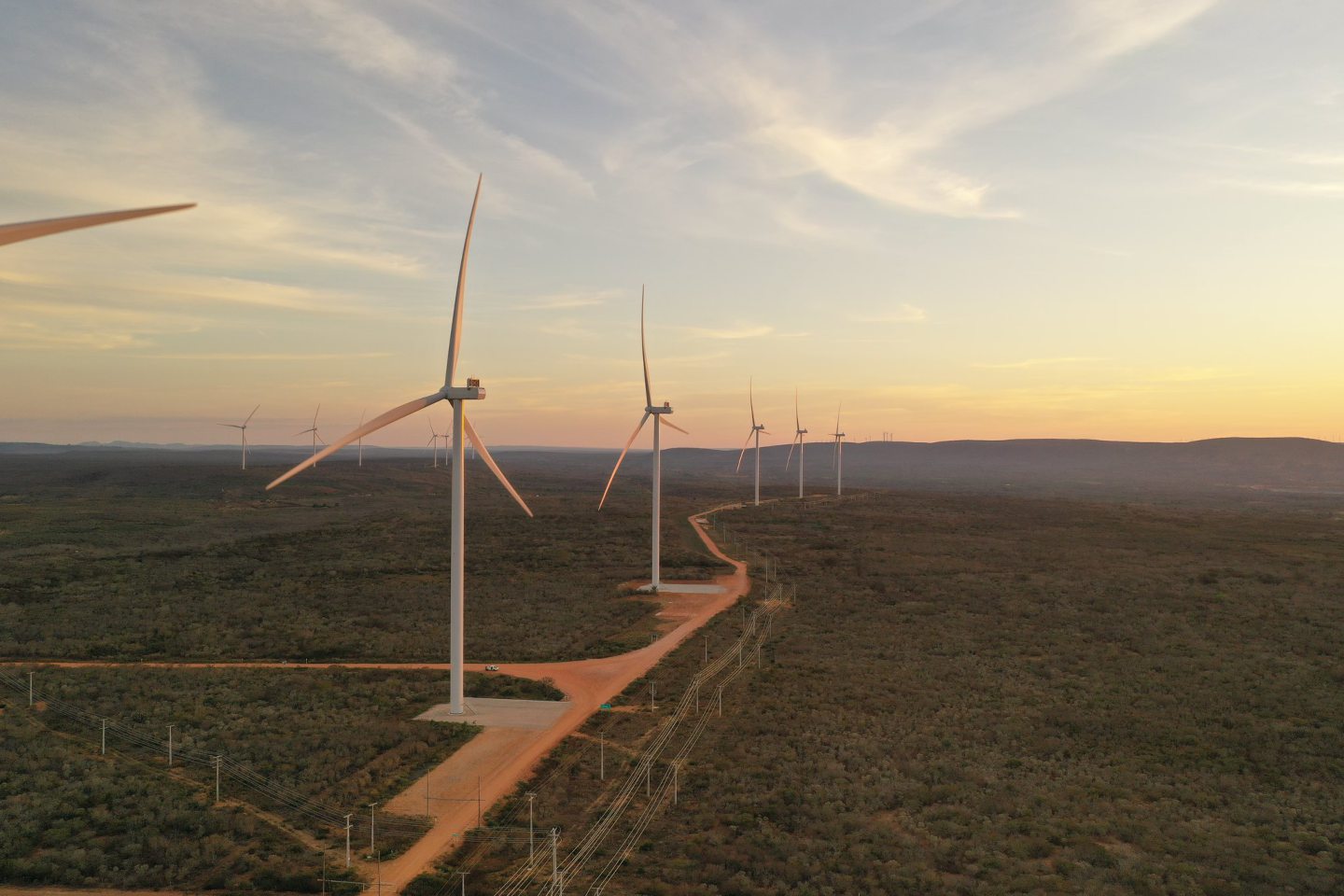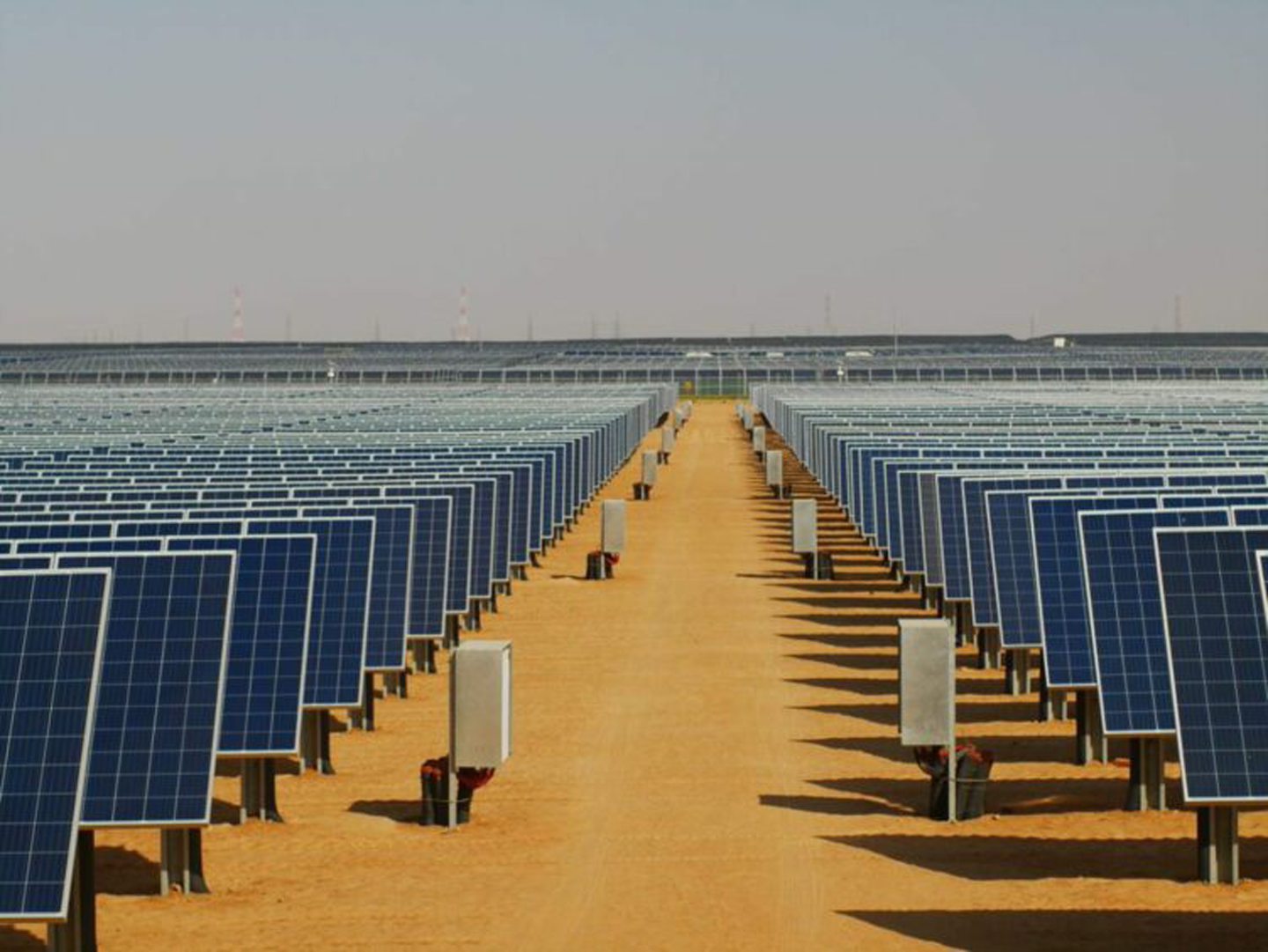
Throughout 2024, we’ve seen continued geopolitical insecurity, economic uncertainty and political change across the world, all of which impacts something fundamental to how we live our lives, energy.
As we reflect and look ahead to 2025, this looks set to continue.
Whether it is the future of the United Nation’s Paris Agreement, the rapid expansion of solar and wind power in Asia Pacific, or if there is to be new drilling in the UK North Sea, we are at an important juncture for the future of energy.
Of course, the pathway to net zero is critical.
And it is a process that people must be at the very heart of – as they have been throughout all phases of industrial transformation.
Estimates vary, but recent reports from global organisations, including the International Energy Agency, support the view that a lack of qualified applicants to vacancies pose a significant risk to achieving a balanced energy mix at scale and at pace.
OPITO is at the heart of the global response to this challenge.
Looking back over the past year it is fair to say that 2024 was one of major and impactful developments across the organisation.
From welcoming our new CEO, Stephen Marcos Jones, in March, to celebrating the 15th anniversary of our Dubai office in December, it was also a year in which we made significant strides into new markets.
Not least in Brazil, where we appointed our first full-time member of staff, and in China, where we have continued to build important relationships and collaborations with key industry organisations in what has emerged as one of the world’s largest offshore wind markets.
Through this global lens we have experienced first-hand the immediate and long-term opportunities and challenges the energy market faces.
Crucially, optimised oil and gas activity must continue to be a key driver for the global energy mix.
Applying innovative technologies and skills to extract hydrocarbons in a cleaner way must be at the forefront of a successful energy transition.
And with different regions at various stages of their energy production journeys, there are certainly challenges too, not least ensuring a competent and sustainable workforce is ready to contribute towards a diverse global industry, spanning both oil and gas and renewables.
As the global not-for-profit skills and standards authority for the energy industry, training over 500,000 people annually across a network of over 240 centres in over 50 countries, OPITO is in a unique position to drive thought leadership and deliver solutions in this space.
Regional differences
Filling the skills gaps needed to meet the demands of energy industries is urgent and requires a global response.
This is a complex task; geographical position and governmental policies are often key drivers to unlock the resources and skills required to deploy the latest in technology, equipment and practices.
Oil and gas remain essential components of the energy transition, and we are proud of OPITO’s legacy in this space.
In its “Energy transition investment outlook: 2025 and beyond”, KPMG reports that 75% of investors are still engaging in fossil fuel projects.
It is also worth noting that, at a global level, 2024 witnessed an oil and gas exploration spend that was at its highest for a decade.
Significant renewed interest in transitional energy sources like natural gas were also reported.
Indeed, where we have witnessed the most excitement and action towards transition is in regions where this is acknowledged and embraced.
Often it is national oil companies (NOCs) driving new energy projects in renewables, carbon capture, nuclear and green hydrogen.
This is evidenced by investment in projects like the two-gigawatt Al Dhafra solar power plant in Abu Dhabi.
Championed by ADNOC, it is one of the world’s largest solar projects.
Understanding regional differentiators has been an area of focus for our strategic partnership teams that are based in Aberdeen, Dubai, Houston, Kuala Lumpur and Rio de Janeiro.
Their engagement with, and knowledge of, industry and governments in their regions means OPITO can effectively support their respective energy transition journeys at every stage.
We collaborate to identify what is needed to fill skills gaps and establish a response.
For example, by supporting STEM education for young people, as well as apprenticeships, to build a pipeline of talent.
For our regional teams, the fact that a majority of OPITO’s products and services are sector agnostic, transferable and adaptable for geography-specific requirements, is hugely important.
Drawing on fifty years of heritage, experience and evolution, we take pride in our standards and qualifications being adaptable and accessible where and when needed.
For instance, our “Energy Sector Entry and the Perceived Barriers” research report published in November revealed that 74% of young people across key international energy markets would consider a career in the energy sector but highlighted the perceived requirement for technical qualifications and lack of understanding of opportunities as preventative.
And we are already putting this data to work, sharing it with industry and governments to illustrate the scale of the challenges in attracting new talent and helping shape the collective response through investment in educational initiatives, with 38 STEM-related projects in OPITO’s pipeline for 2025.
Industry collaboration
The transferability and development of skills, as well as access to comprehensive training and qualifications, is a requirement in regions across the world.
In October we launched the Industry Advisory Council (IAC); this is an evolution of OPITO’s UK board and serves as a focal point to address the sector’s skills gap and competence challenges across the UK and Europe.
As a consensus-based group, the IAC includes operators and supply chain companies from across the energy mix, academia and regulators, as well as those that provide consultancy and research services.
This is an exciting development and one that will only grow in importance for OPITO in 2025 and beyond.
And our commitment to collaboration didn’t end there. Towards the end of 2024, representatives from OPITO teams around the world participated in the world’s largest energy conference, ADIPEC.
Once again, the Young ADIPEC Zone was sponsored by My Energy Future, powered by OPITO, reiterating our commitment to driving the STEM agenda.
Unsurprisingly, technology and digitalisation were major themes of activity and focus for us at ADIPEC and will continue to be prioritised across the organisation.
Our virtual reality experience showcased different opportunities and scenarios across the energy mix, using technology to demonstrate the fields that are available as career paths to young people.
Our product and service development, and delivery of immersive safety and skills training experiences will continue in 2025, and we are already looking forward to ADIPEC 2025 – as well as OTC, Offshore Europe, COP 30 in Belém, Brazil and of course our annual conference, OPITO Global, in Abu Dhabi.
It is shaping up to be another busy year for OPITO. However, in 2025 we need to see an acceleration by global governments to act and tackle current skills gaps and commit to future support.
A lack of fiscal stability in many jurisdictions (including the UK) is a hurdle to training essential personnel.
For instance, the APTUS apprenticeship programme jointly managed by OPITO and ECITB, that develops skilled technical workers for the energy transition, takes 180 weeks to complete.
Putting this in context, the UK’s target of 2030 is a mere 270 weeks away, highlighting the significant work required if we are going to achieve and maintain a competent and sustainable workforce.
Now is the time to inspire and excite our current and future workforce.
Despite increased collaboration, government intervention and investment, we will not achieve a safe, secure and sustainable supply of energy without people.
We must prioritise embedding the skills and solutions required for the current and next generation of the energy workforce to thrive and reshape our energy system.
We are working today to ensure that the global energy workforce is ready for tomorrow.
 © Supplied by Casa dos Ventos
© Supplied by Casa dos Ventos © Globeleq
© Globeleq © Supplied by ADIPEC
© Supplied by ADIPEC